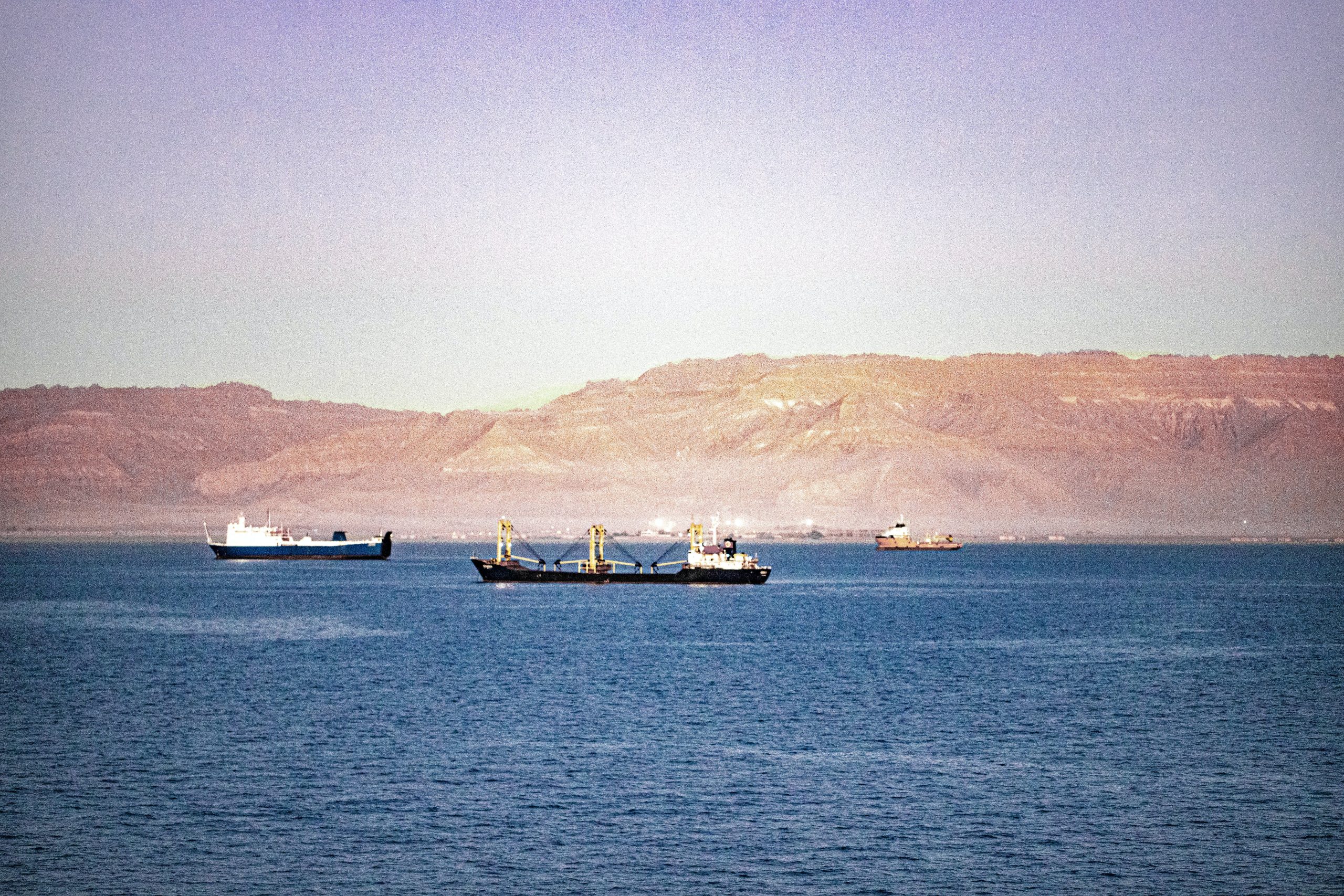Red Sea in flames: How are the Houthis threatening world trade and setting shipping on a new course?

The current crisis in the Red Sea, where Yemen’s rebel Houthis are attacking container ships carrying billions of dollars worth of goods from Asia to Europe, shows the relatively fragile foundations on which world trade stands – and also how deepening globalisation has intertwined the world. The Suez Canal is an absolutely vital trade route, with around 40 per cent of maritime traffic normally passing through this link between the Red Sea and the Mediterranean.
The Houthis are currently threatening this key sea route, sending naval and aerial drones and possessing advanced Iranian weapons. The consequence of their activity has been a dramatic drop in the volume of traffic through the Bab al-Mandab Strait, which normally sees some five to six million tonnes of cargo a day, but now only just over two million tonnes. This is particularly affecting container ships and car carriers, while tankers remain out of danger.
Shipping companies such as Denmark’s Maersk and France’s CMA CGM are responding to the situation by sending their cargo ships around the Cape of Good Hope, which means longer voyages of up to fourteen days, more fuel consumption and higher costs. This may also result in a shortage of empty containers in China, which will affect demand. Since the beginning of this year, the cost of shipping and insuring ships and cargo if they are to sail the Red Sea has been rising.
Overall, this can make goods transported by water up to two per cent more expensive. This may affect inflation, which also has an impact on the Czech Republic, although carriers are better prepared now than at the time of the pandemic crisis. It is important to realise how vulnerable world trade is, although we sometimes forget its crucial role. The Red Sea crisis also reminds us that restrictions on free trade could have negative effects on the economy and that it is important to be aware of the risks and be prepared to deal with them. Policymakers should consider promoting free trade and renewing trade agreements with third countries, which could contribute to the resilience of the economy to future crises.
Photo source: www.pexels.com
Author of this article
WAS THIS ARTICLE HELPFUL?
Support us to keep up the good work and to provide you even better content. Your donations will be used to help students get access to quality content for free and pay our contributors’ salaries, who work hard to create this website content! Thank you for all your support!




OR CONTINUE READING